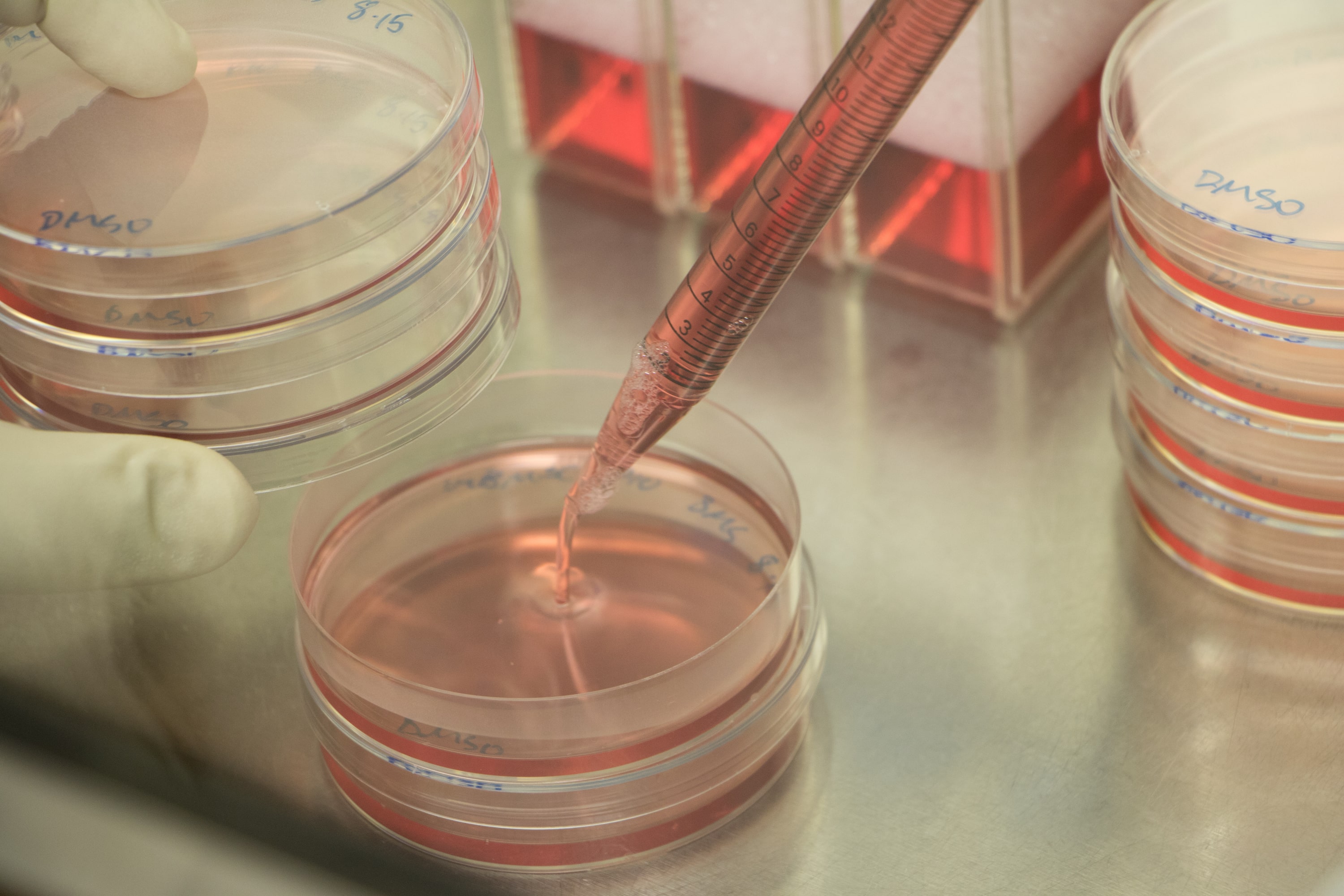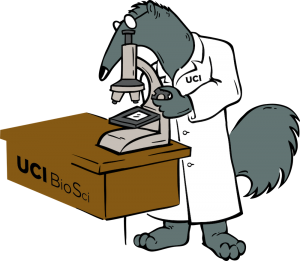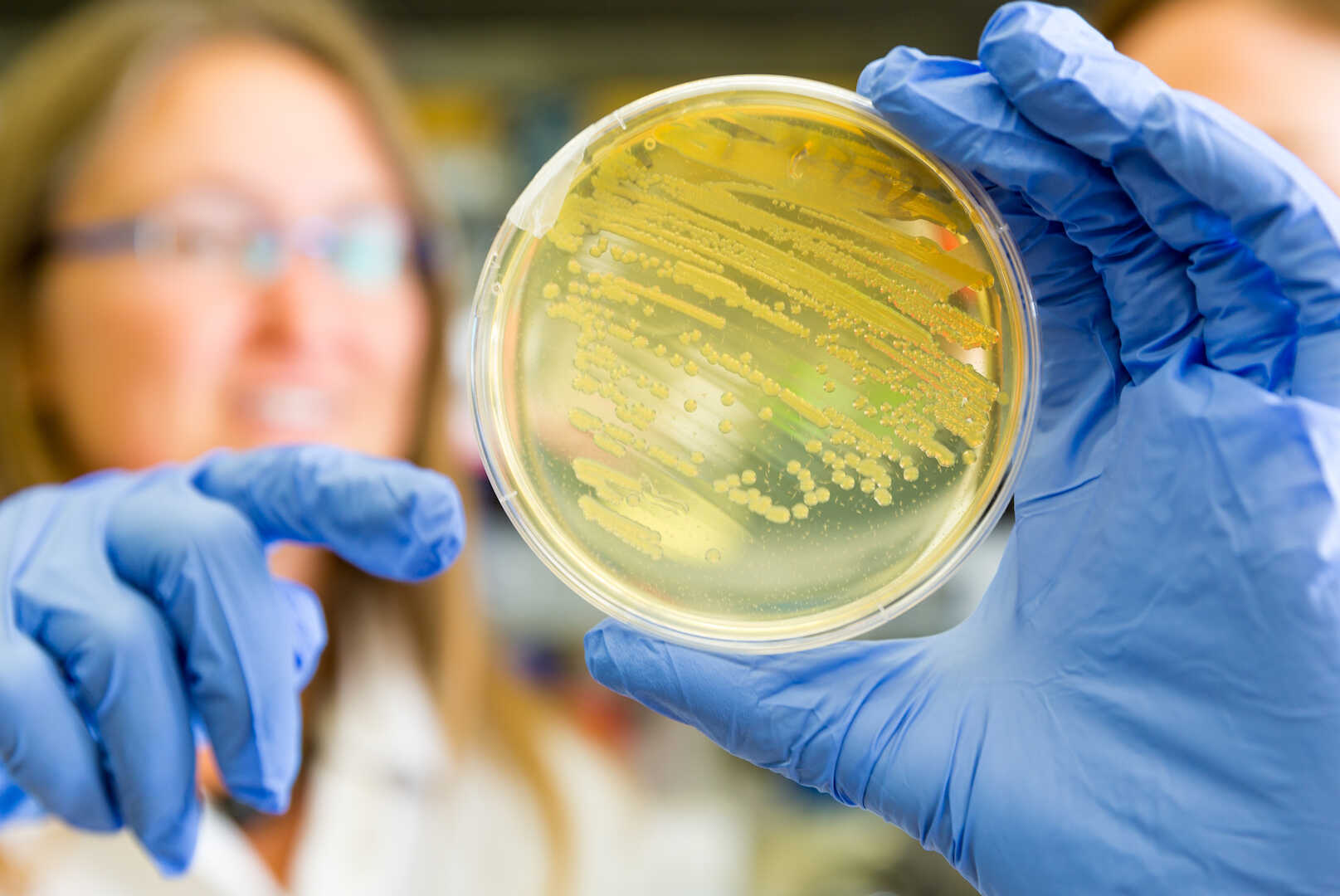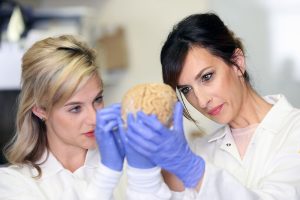Master and Ph.D Programs
The Department of Developmental and Cell Biology offers a program of study that leads to the degree of Doctor of Philosophy (PhD) in the Graduate School of UC Irvine. Research in the department is multi-disciplinary and highly interactive, with particular strengths in the areas of developmental genetics, stem cell biology, cell and cancer biology, systems biology and neurobiology. Investigators use state of the art techniques including confocal, live and super-resolution microscopy, molecular biology, biochemistry, biophysics and genetics to address a diverse set of molecular questions. Model systems for these studies include mouse, Drosophila, Zebrafish, C.elegans and tissue culture cells. Understanding the normal processes of cell, tissue and developmental biology will provide mechanistic insights into human diseases, such as birth defects, diabetes, obesity and cancer.

Students are admitted into the department after their first year, which they spend in umbrella PhD programs, such as Cellular and Molecular Biology (CMB), Interdepartmental Neuroscience Program (INP) and Mathematical, Computational and Systems Biology (MCSB). In addition to being fully immersed in cutting edge research, students have the opportunity to serve as Teaching Assistants to develop their teaching skills. Progress in the program is monitored through regular committee meetings and research in progress presentations.
The department also offers a Masters in Sciences (MS) program, in which students perform research in similar areas, but within a smaller scope.
Masters Program

Master’s of Science in Biological Sciences
For information about our Master’s Program:
Ph.D. Programs
The School is structured in a manner that encourages an interdisciplinary approach to scientific problems. Interaction and cooperative efforts across traditional institutional boundaries are especially evident in the School’s participation in various organized research units (described in theOffice of Research section) and in the interdepartmental/interschool graduate programs described below.
Students admitted into the combined program who select a research advisor in the Department begin following the Departmental requirements for the Ph.D. at the beginning of their second year. Students participate in the Developmental or Cell Biology Journal Club and the Departmental seminar series, which meet weekly during the academic year.
Students must complete the advancement-to-candidacy examination by the end of the third year of graduate study by presenting and defending a proposal for specific dissertation research. The normative time for completion of the Ph.D. is five years, and the maximum time permitted is seven years.

Markus W. Ribbe, Director
Graduate Program in Cellular and Molecular Biosciences
2236 McGaugh Hall
949-824-9509
http://cmb.uci.edu
Graduate Program in Cellular and Molecular Biosciences (CMB)
The CMB program offers an integrated series of rigorous academic Core courses during the first year in order to establish a foundation of knowledge in the relevant disciplines, as well as training in teaching methods and in the responsible conduct of research. CMB also provides opportunities for research rotations in at least two of the laboratories run by more than 145faculty membersparticipating in the program. During the first year, each student becomes associated with a specialized track and begins participating in research, elective courses and seminars in appropriate areas. The tracks presently available include

Christie D. Fowler, Director
Interdepartmental Neuroscience Program
4145 Natural Sciences II
949-824-6226
http://www.inp.uci.edu
Interdepartmental Neuroscience Program (INP)
The field of Neuroscience is an inherently broad and multidisciplinary area of scientific pursuit and scholarship. It has intellectual links to fields as diverse as developmental and cell biology, molecular biology, physiology, pharmacology, anatomy, psychology, computer science, and physics. The substantial breadth of Neuroscience is one of its strengths as a discipline, and one of the features that makes it an attractive and important area for graduate study. The Interdepartmental Neuroscience Program (INP) at UC Irvine provides a vehicle for meeting the diversity and challenges of graduate training in such a broad discipline. Faculty from several departments and schools, whose research in neuroscience is guided by many disciplines, participate in the INP. Students in this umbrella program have the opportunity to train with any faculty member of a participating department and are exposed to a variety of approaches before deciding on a research area for focused dissertation work. After the initial year of general neuroscience training, students join the more specialized graduate program of their chosen thesis advisor.

John Lowengrub, Director
Center for Complex Biological Systems
2620 Biological Sciences III
Irvine, CA 92697-2280
Graduate Program in Mathematical, Computational and Systems Biology (MCSB)
The graduate program in Mathematical, Computational and Systems Biology (MCSB) is a one-year program designed to function in concert with existing departmental programs. Students who successfully complete the MCSB program select a thesis advisor from among the participating faculty and then automatically join a departmental program for the remainder of their Ph.D. training. In this way, the MCSB serves not as a degree-granting program, but as a “gateway” toward a Ph.D. degree in an existing degree program.


